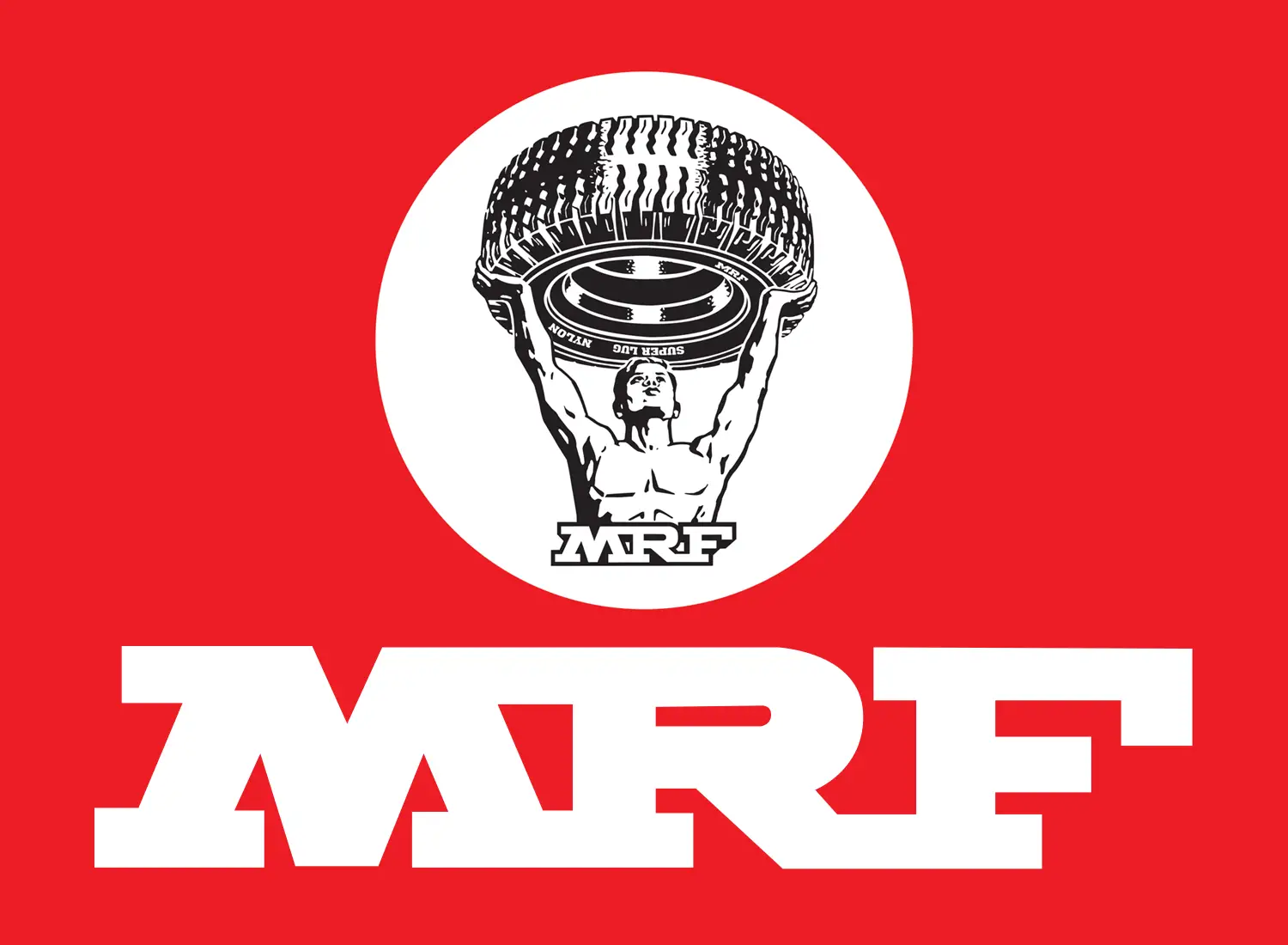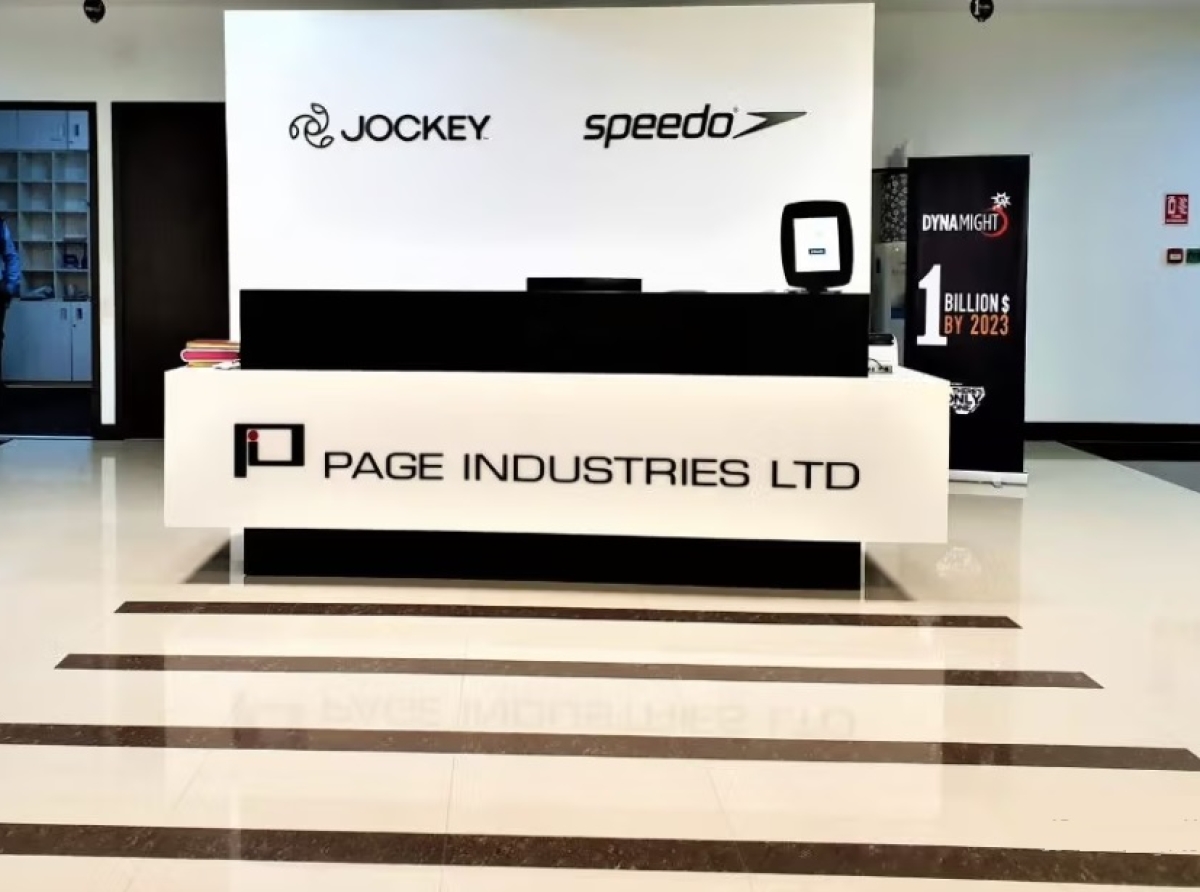In India’s vast and varied stock market, share prices range from single digits to eye popping six figure sums. At the very top of this ladder sit a select few companies whose stocks are trading above 1 lakh rupees per share. But contrary to what many new investors might believe, a high share price alone does not make a stock expensive. What truly matters is whether that price reflects the company’s growth, profitability, and long term potential.

The most iconic name in this space is MRF Limited. The tyre manufacturer’s share price has crossed the 1.49 lakh mark, making it the most expensive stock in India. The company’s fundamentals remain solid, with strong year on year revenue and profit growth. MRF holds nearly one third of the domestic tyre market, and its performance across other segments like paints and sports goods is steady. However, when it comes to valuations, MRF is trading at a significant premium compared to its historical averages. While its price to earnings ratio matches the industry average, its price to earnings growth ratio is much higher, which indicates that the stock might be valued more for its brand and legacy than its projected future performance. Yet, investor interest continues, and its stock price has grown over the past year.

Another heavy hitter is Page Industries, the force behind the Jockey and Speedo brands in India. The stock currently trades at over 48000 rupees, and that number has seen a sharp rise over the last year. What explains this premium pricing? The brand moat is strong. Jockey in India has an enormous retail footprint and a wide distribution network. Despite its high PE and PEG ratios, investors often overlook valuations in favor of brand dominance and customer loyalty. Sales and profits have grown steadily, though not explosively, and return on capital employed remains strong. Still, some analysts argue that the stock may be nearing the upper end of its fair value range.

Honeywell Automation India is another member of the high priced stock club, currently trading above 40000 rupees per share. The company operates in industrial automation, a sector that has seen strong demand in recent years. Its solutions are used across industries from oil and gas to aerospace, and the company is seen as a long term beneficiary of India's infrastructure and manufacturing push. However, valuations again remain a sticking point. Honeywell’s PEG ratio is one of the highest in its sector, and its recent stock performance has been mixed. The company’s profits have grown consistently, but not at a pace that would typically justify such steep pricing. Still, its global brand reputation and product diversity help maintain investor confidence.

Bosch Limited, with a share price north of 36000 rupees, is another example of an old economy business continuing to attract a premium. Known for its expertise in automotive parts, industrial technology, and power tools, Bosch has a wide product base and an established brand. Its profits and revenue have grown significantly over the past three years, and return on capital has improved as well. Despite being priced higher than its peers, the stock has performed well in recent months, hinting that investors believe in its ability to deliver consistent value.
Rounding out the top five is Abbott India. Trading at over 34000 rupees per share, this pharmaceutical company is known for its wide product range and strong exports. It has managed to expand both revenue and profits consistently, and its return on capital employed is among the best in the pharma space. High PE and PEG ratios suggest that the stock is priced at a premium, but given the stability of the business and its leadership in several drug categories, the market seems willing to pay that extra price.

What becomes clear when looking at these companies is that high price does not automatically equal overvaluation. These businesses command a premium not just for their financial metrics, but also for their brand equity, operational efficiency, and ability to weather economic shifts. Most of them have low liquidity due to the small number of shares floating in the market, which can also contribute to their high prices.
However, this club of expensive stocks also raises questions about affordability and accessibility. Retail investors often feel they are priced out, especially without the option of fractional shares. Yet, many of these companies offer consistent dividends and strong fundamentals, making them worthwhile considerations for long term portfolios.
In the end, while these high ticket stocks may not fit everyone’s investment strategy, they remain important indicators of market sentiment, brand value, and corporate resilience. For serious investors, what matters most is not the share price, but whether the stock continues to deliver sustainable growth, profitability, and shareholder value over time.
For more financial insights, investment breakdowns, and market stories explained simply, follow You Finance on Instagram and Facebook.














